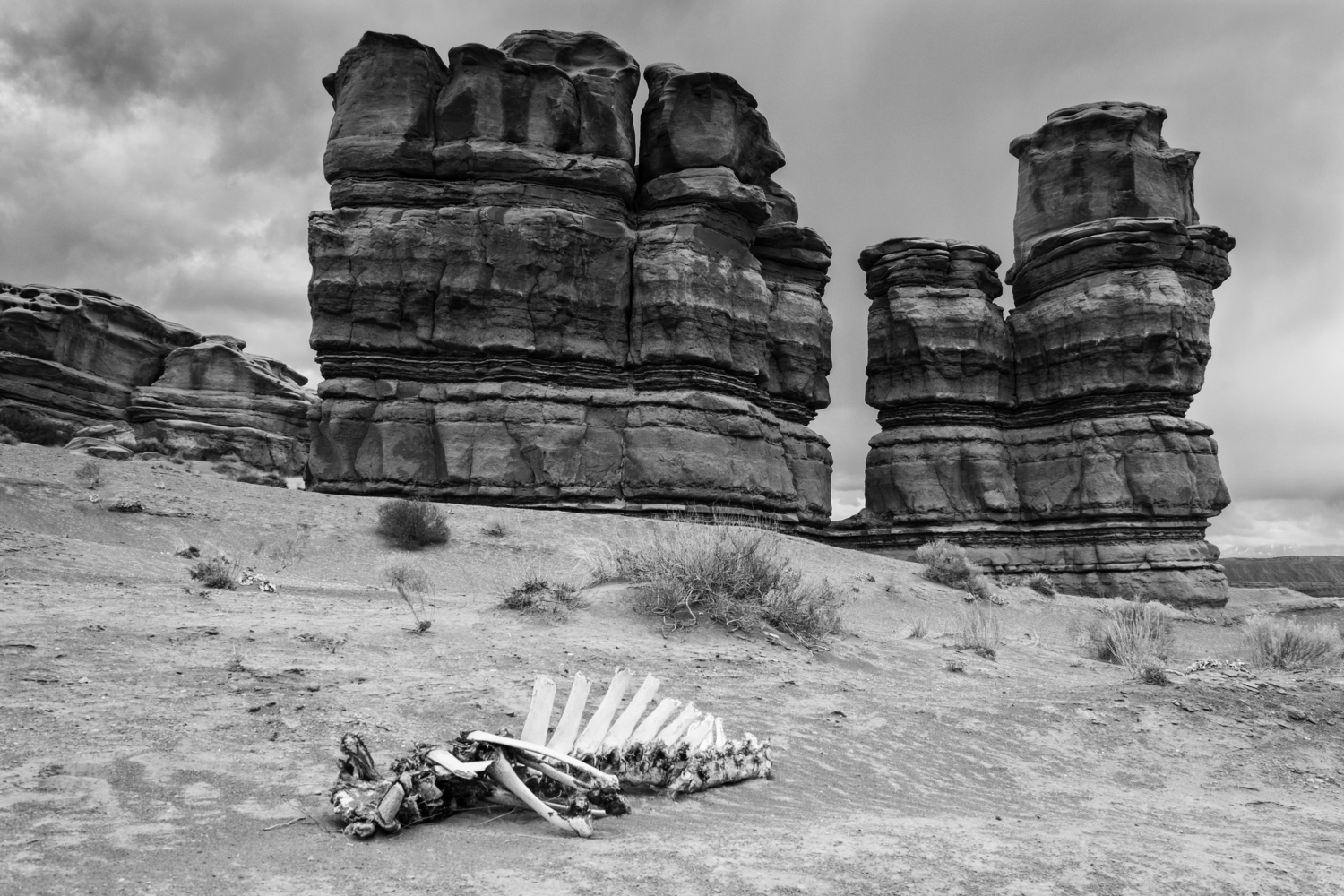Should You Backpack Alone?
One of our readers asks if it’s better to go backpacking solo, or with company. Getting down to the crux of the issue, it’s a matter of personal preference. Both scenarios have their pros and cons. I think most people should try each one on before deciding which they prefer.
As with most things, it's a good idea to weigh the benefits of both scenarios before deciding which you want to try first. We can assume here that the benefit of the opposite scenario acts as a disadvantage to each.
Without further ado, here are 5 benefits of backpacking alone, and 5 benefits of backpacking with company.
Benefits of backpacking alone:
You can sit with your thoughts, uninterrupted.
We’re all a work in progress (it’s okay to admit it). As such, we should afford ourselves moments of quiet reflection to just check-in. You know, incite our inner hippie and all that. Mindfulness meditation is good for you; science says so. What better place to take a chill pill than the warm embrace of Mother Nature’s bosom? Without companions urging you to hurry up, you can sit in peace as long as you damn well please.
It’s peaceful.
There’s a tranquility to trekking solo that you won’t get when you’re with others. You’ll notice subtleties that you usually wouldn’t, since you're not distracted by conversation. The sound of the trees creaking in the breeze or the changing colors of the sky as the day blends into dusk. Enjoy these small gifts. Take them back with you as precious reminders of the time you spent exploring. You’ll need them back home when your three-year-old is screaming bloody murder inches from your face.
You can go where you want, when you want.
You can leave whenever you want, since you aren’t working around anyone else’s schedule. Feel like checking out that rotting animal carcass over there?
Do it. There’s nobody around to tell you how creepy it is. Want to take a different trail, just because? Why not? You are your own guide. Hike at whatever pace is comfortable for you.
You’ll learn something about yourself.
At some point during the trip, you’ll probably be forced out of your comfort zone. It could be as simple as digging a cathole and dropping in what remains of that bag of Doritos. Or it could be more serious, like deciding what to do when you see a bear sneaking up on you. The point is, you have to rely on yourself for safety and survival. You’d be amazed what you’re capable of in situations where your only option is to move forward or stay alive.
It’s easier to meet new people.
Hikers and backpackers are generally a congenial crowd. They’re often quick to offer a smile, hello, friendly conversation, and a cold brewsky. In my experiences, other hikers are more likely to stop and chat if you’re solo. It also helps if you’re not scowling, staring at the ground, or wielding a hatchet. Just a helpful tip. It’s a great way to meet new friends or hiking companions. Especially if you’re backpacking locally or you’re new to the area.
Benefits of backpacking with company:
Companionship can ease boredom or loneliness.
Having someone to talk to can be a valuable barrier to boredom, should it happen to creep in. Companions can also abate fears during the night when sounds become amplified and mysterious. Fair warning: you may risk scaring away hiking partners if the conversation becomes sinuous or overly lengthy. Or so I’m told.
You can share ideas.
If you get lost, run out of food, find yourself in dire weather, or can’t agree on which Golden Girl is the best, having someone to bounce ideas off of can increase chances of survival (or agreement in an argument). Maybe someone else has a skill you haven’t learned, or knows something about the area you might not. More minds are usually better than one.
You can split gear and duties.
This is especially useful for longer trips, or if there’s a discrepancy in size or ability of hikers. George carries the 4-person tent and sleep system. Jessica carries the food. Manuel carries the cooking supplies and first-aid. Katie carries the frisbee, lawn golf set, and beer. She’s obviously the most important person in this group. Setting up camp is faster, cooking can be easier, etc.
It can be safer.
In the case of an accident, the injured person can be helped faster with someone to provide first-aid or get help. The more people, the better. Worse, if a terrifying honey badger comes along, much better to have two (or more) people there to fend it off. Make sure that evil creature doesn’t come back again.
Hiking and backpacking are great ways to bond.
Being in the wilderness with only the companionship of who you’re with is a great way to build a bond with that person. Or want to kill them. Hopefully the former. You’re relying on each other for safety and support. Sharing an experience like that with someone can be pretty special. What happens in the wilderness stays in the wilderness. Except material things. Pack it in, pack it out.
There you have it. Both sides of this coin have advantages. Some people prefer to backpack solo, some prefer to trek with others, and some prefer to mix it up. Whatever you end up choosing, make sure you tell someone where you’re going and when you plan on returning. If you’re going solo, be especially mindful in your preparedness.
Do you prefer to hike with someone, or alone? Why? Tell us in the comments.
Want to know when new posts are released? Like us on Facebook




